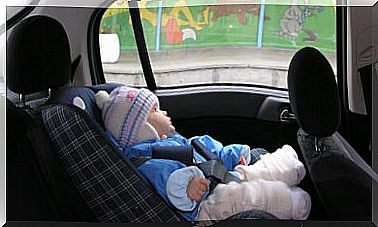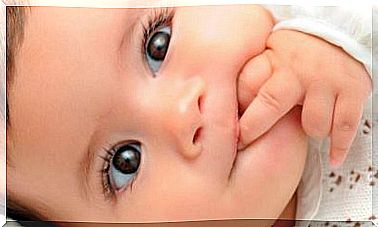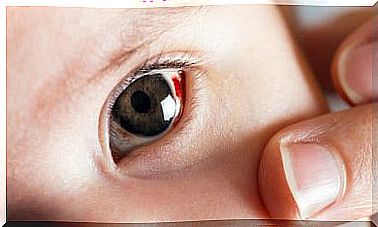The Relationship Between Stress And Dental Bruxism In Children

Stress and dental bruxism in children have a link that today is undeniable. Although states of stress are not the only causes of this disorder, more and more specialists on the subject assure that the overexigences of childhood are having an impact on oral health.
And is that stress is not a matter only for adults. Furthermore, it is not expressed exclusively in the realm of the physical. There are specialists who even consider that dental bruxism should be classified within psychological problems when the case so determines.
As we have said, stress is not the only cause of dental bruxism in children, but it cannot be underestimated either. Therefore, in the following lines we are going to see what the situation is about, how we can detect it and what to do if our little one grinds his teeth due to states of anxiety and nervousness.
Stress is not the only cause of dental bruxism in children
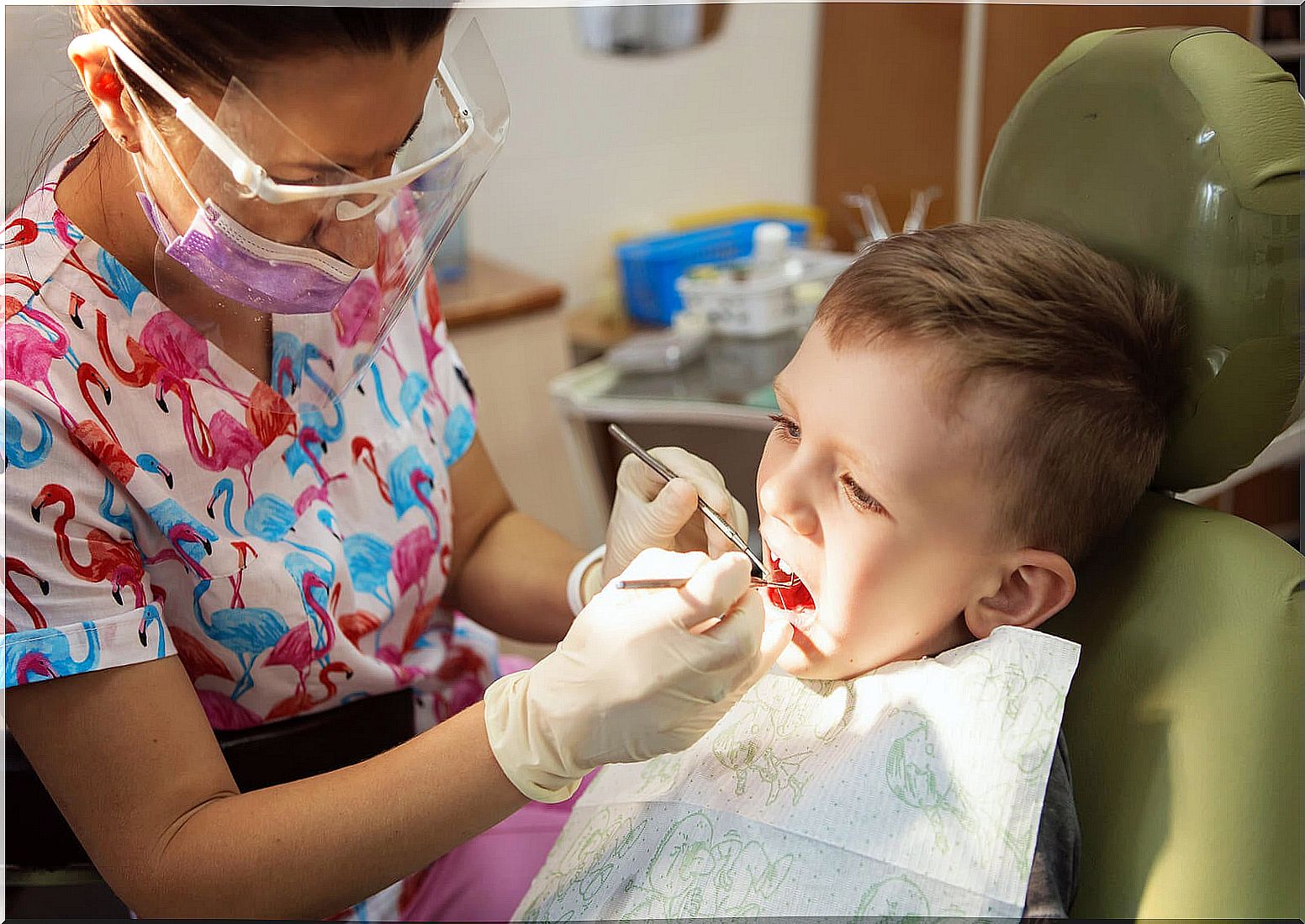
Defining dental bruxism in children as stages of stress and anxiety would be inappropriate, since it is known that the causes of this disorder are varied and it is classified into 3 main groups:
- Mouth : in the same teeth the origin of bruxism can be found. This has been the classic etiopathogenesis to which dental professionals have always pointed. When a child suffers from malocclusion or their dental arches are not in the position they should be, they are more likely to grind their teeth at night. A specific approach is not always needed for this cause.
- Sleep dependent : bruxism is a sleep phenomenon. The little ones grind their tooth surfaces together while they sleep, so it is logical to think that an alteration of the nocturnal rhythm could give rise to the problem.
- Psychological : here we find stress. A child subjected to non-age-appropriate demands, who goes through periods of existential crisis (a move, a parental divorce, a change of school), is capable of starting with bruxism or increasing a grinding that he already brought from before. The act seems to be a form of reaction to stress, as one more physical symptom added to other more classic stress symptoms, such as palpitations or shortness of breath.
Research on the relationship between stress and dental bruxism in children
The link between stress and dental bruxism in children is not new to scientific research. Studies have long shown that anxiety and nervousness play a major role in the disorder.
We have already clarified that this is not the only cause, but it cannot be ignored. Especially if the little one is in a situation that warrants the possibility of being stressed.
Since the 1920s it was recognized that dental bruxism could be a neurotic oral habit, that is, a repetitive way of acting originated in a neurosis. Therefore, the situation was being classified within psychology. For the sciences of mental health it is not news that the mouth is a means of discharge of emotions. The concerns of adults and children find in this physical space a way of expressing themselves.
Such is the case, that other investigations in the same sense determined that there is a direct and proportional relationship between the degree of bruxism and the intensity of the suffering of stress. Children with more stress and a busy lifestyle grind their teeth more than others.
What does all this evidence mean? That a child with bruxism cannot be considered as someone with an oral disease removed from the rest of his life. The little ones are integral human beings that must be approached from their biological, social and psychological realities.
How do I know if my child has bruxism?
The obvious signs of dental bruxism in children, whether caused by stress or oral causes, are the same. The first evidence is the sound that parents hear of grinding at night. The habit is most common between 6-10 years. This coincides with dental replacement, which also explains the higher incidence at this vital moment.
At the same time, some signs are added when the phenomenon persists for months. Above all, there is pain in the regions around the mouth, such as the lower jaw and ears.
The dentist will recognize the existence of bruxism by observing the wear of the tooth surfaces in contact. This usually happens after the parents bring the child to the consultation because they hear him grinding too much.
It is also possible that the consultation begins with another specialist, such as an otolaryngologist, due to an earache (earache). Or also with a pediatrician, for noticing constant headaches.
Possible treatments for dental bruxism in children caused by stress
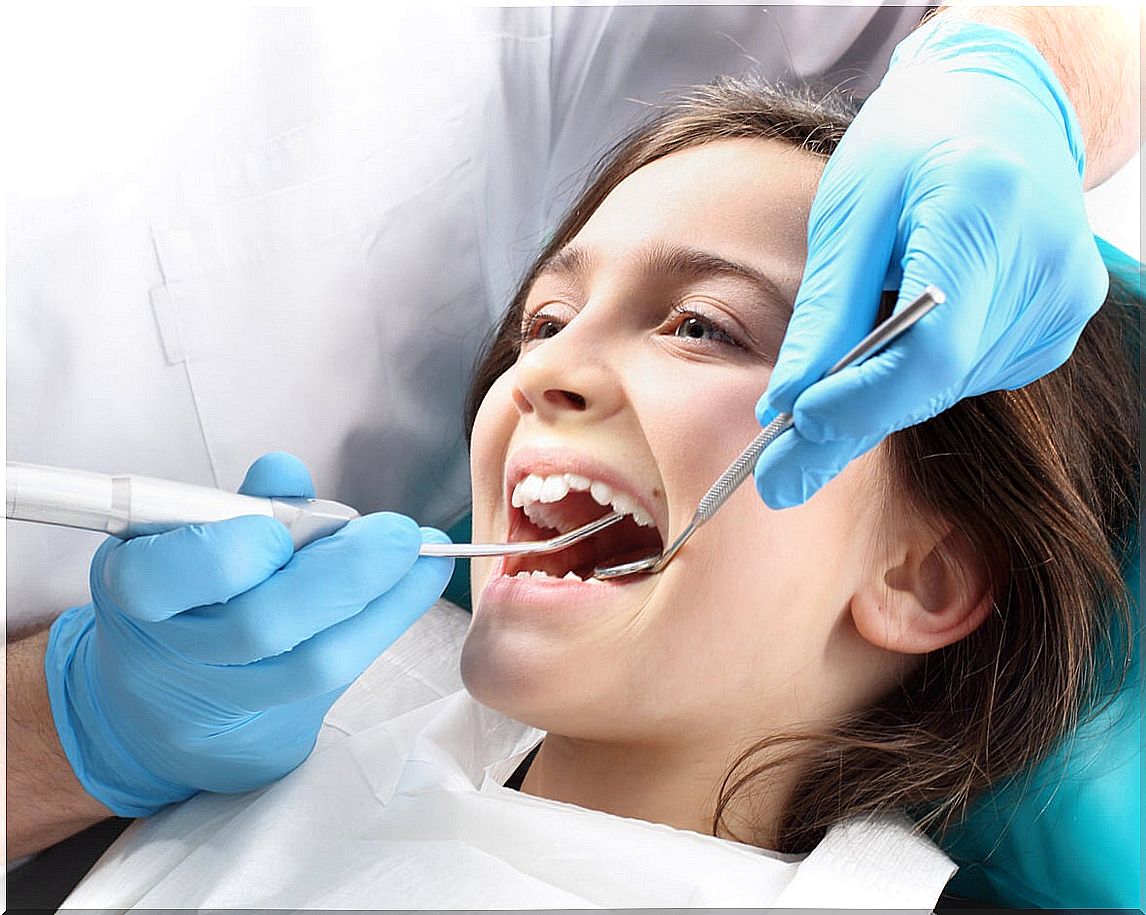
If it is certified that the origin of dental bruxism in the child is stress and not another cause, then an approach to emotions must be planned. In this case, consultation with a psychologist could be a way to deal with the situation with the appropriate professional support.
However, there are habits that are capable of reducing stress at home. Among them we can mention the following:
- Decrease activities in the moments before going to bed.
- Get into the habit of doing relaxing activities at bedtime, like reading a story.
- Do not allow screens in bed.
- Create spaces to talk with the child about what is happening to him or how he feels. Allow him to express himself, tell his problems, and let off steam.
Consulting the dentist is necessary
Although it seems that dental bruxism in children is something to be expected, it is advisable to make the corresponding consultations with the dental professional. In addition to the recommended revisions according to age, it does not hurt to do it if you notice that the little one grinds his teeth.
Also, as parents, it is essential to be attentive to the signs that could indicate stress. They will not always be obvious symptoms, nor will there be a noticeable expression. When in doubt, it is best to talk with your children.





